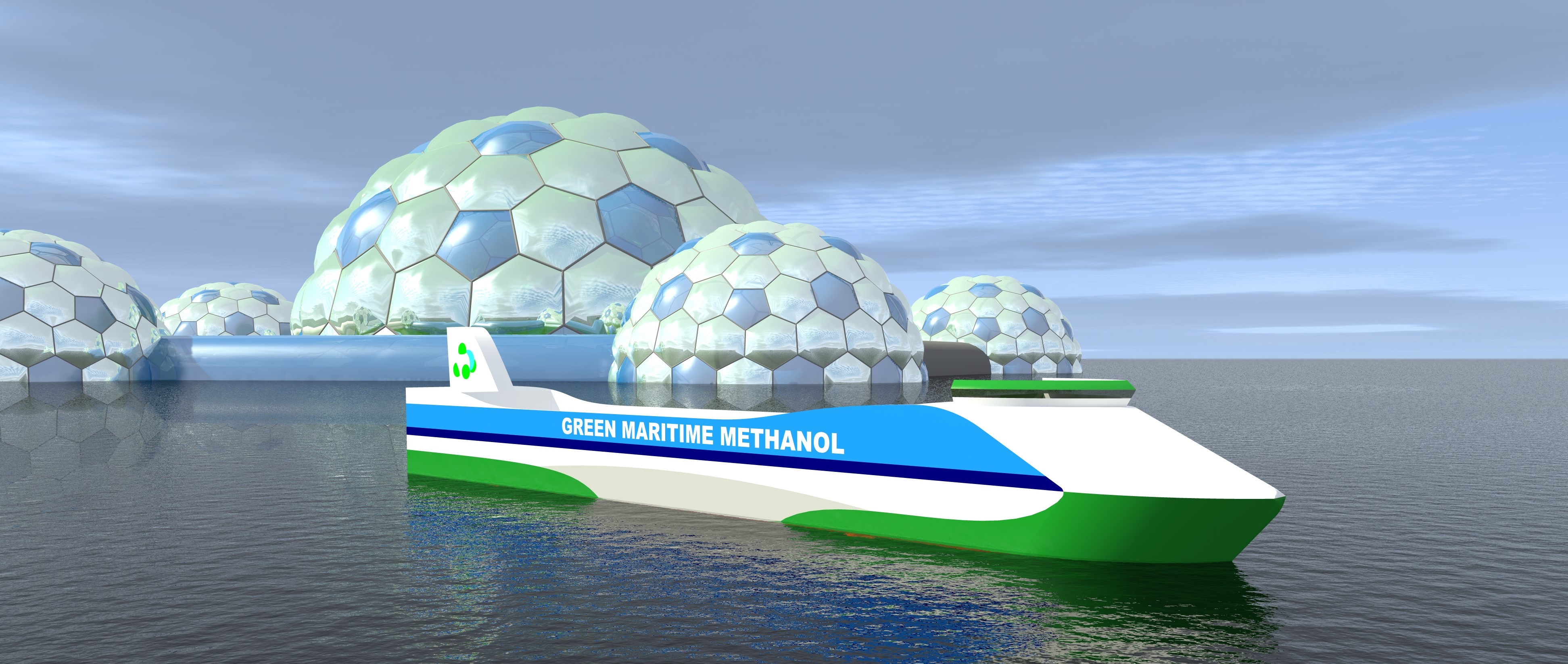
Operations and supply chain considerations important for the roll out of methanol as a shipping fuel
Rotterdam, 9 November 2020. As part of the Green Maritime Methanol project, the consortium performed an analysis on the operational aspects of using methanol, in terms of suitability to the different shipping market segments, the bunker operations and the upstream and downstream supply chain aspects of methanol as a marine fuel.
The research concludes that potentially a significant part of the maritime short sea market with point-to-point sailing patterns is suitable for methanol and that methanol bunker demand could grow to 5 million m3 in the ARA-region in 2030. A transition towards methanol as a marine fuel would have implications in operations and bunkering, but these can be overcome rather easily and should not be compared with the implications for introducing LNG-bunkering. Ship-to-ship bunkering infrastructure would only require marginal adjustments.
Furthermore, methanol is a well-established industrial market in Europe, in which the Netherlands is an important hub for European distribution. There are several options for sustainable production of methanol, including production from biomass or waste or synthetic production from green electricity combined with a carbon source. These production routes however are not yet mature and therefore future prices of these options are quite uncertain.
A report with the findings of the analysis can be downloaded via the following link: https://repository.tudelft.nl/view/tno/uuid:7bccc026-6f42-4948-91b8-cd585f58d21c
The project is supported by “TKI Maritiem” and the Dutch Ministry of Economic Affairs and Climate Policy and runs until December 2020. For more information see www.greenmaritimemethanol.eu